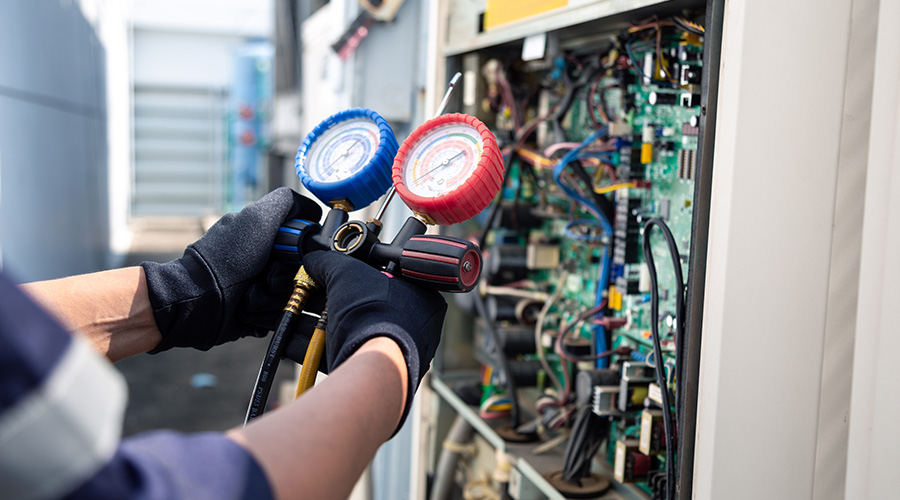5 Steps to Achieving Maintenance Utopia
March 9, 2015
To achieve maintenance utopia in institutional and commercial facilities, maintenance and engineering managers should tackle these five issues within their organizations:
5. Develop a preventive maintenance (PM) program. Start your PM program slowly and methodically with critical equipment and systems — life-safety, utilities, power-distribution, and major HVAC system. Don't get too detailed in the beginning. Keep the process simple. You can always go back and improve the PMs as time allows.
4. Ensure accurate written work orders for all work. An accurate work order history is important because it tells the maintenance story for each piece of equipment. Technicians' work order information should include: work hours, parts used, fault codes, activity codes, work types, vendor costs, craft codes, and a brief description of what was done and why. With an accurate history, managers can predict the maintenance future for each asset and piece of equipment.
3. Hold daily or weekly work planning and scheduling meetings. These meetings should always be on the same day of the week and same time of the day. Attendance is required unless a technician has a doctor's note saying a major organ was removed. Always have an agenda that covers what happened last week, what's going on this week, and the plans for next week. Once you get going with these meetings, you should begin to measure how well you are planning your work by using a schedule compliance chart. Set a goal of 95 percent accuracy.
2. Front-line supervisors should be in the field 60-70 percent of the day. To achieve this goal, remove administrative tasks from supervisors and let someone do them who can do them more cheaply and, more than likely, better. Minimize meeting schedules. Supervisors don't have to go to them all. Harness technology, including tablets and smart phones, to minimize or eliminate paper tasks.
1. Make technicians better firefighters. By making workers better reactive maintenance technicians, managers allow them to complete more reactive work, which frees up a little bit of extra labor to begin the good stuff. Additional training will improve troubleshooting skills, ensuring they have the required tools and equipment with them. Analyze their transportation needs so they can travel more quickly between jobs. Make sure they have the latest communication tools so they don't waste time trying to find someone or something.
Read more
Next
Read next on FacilitiesNet







